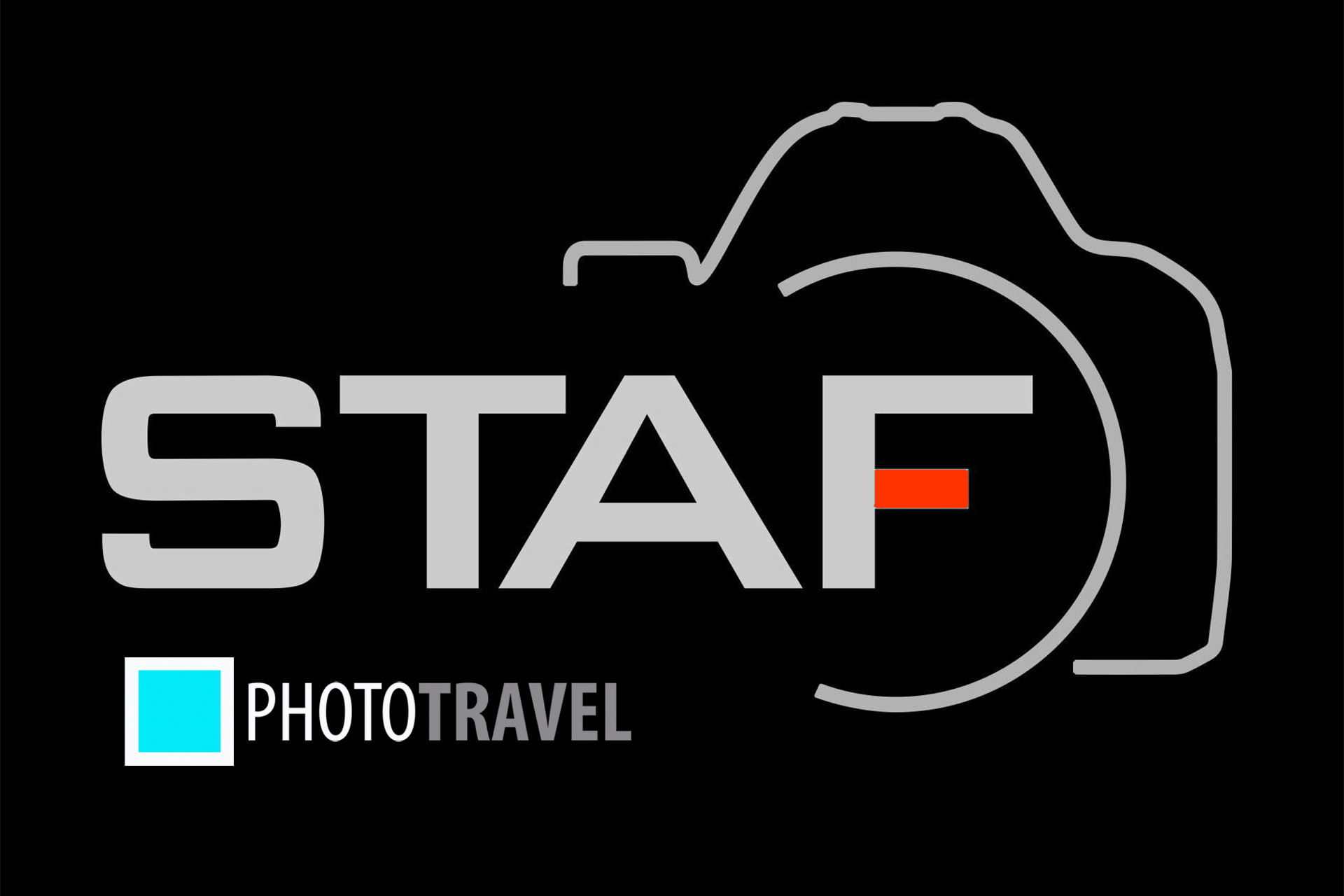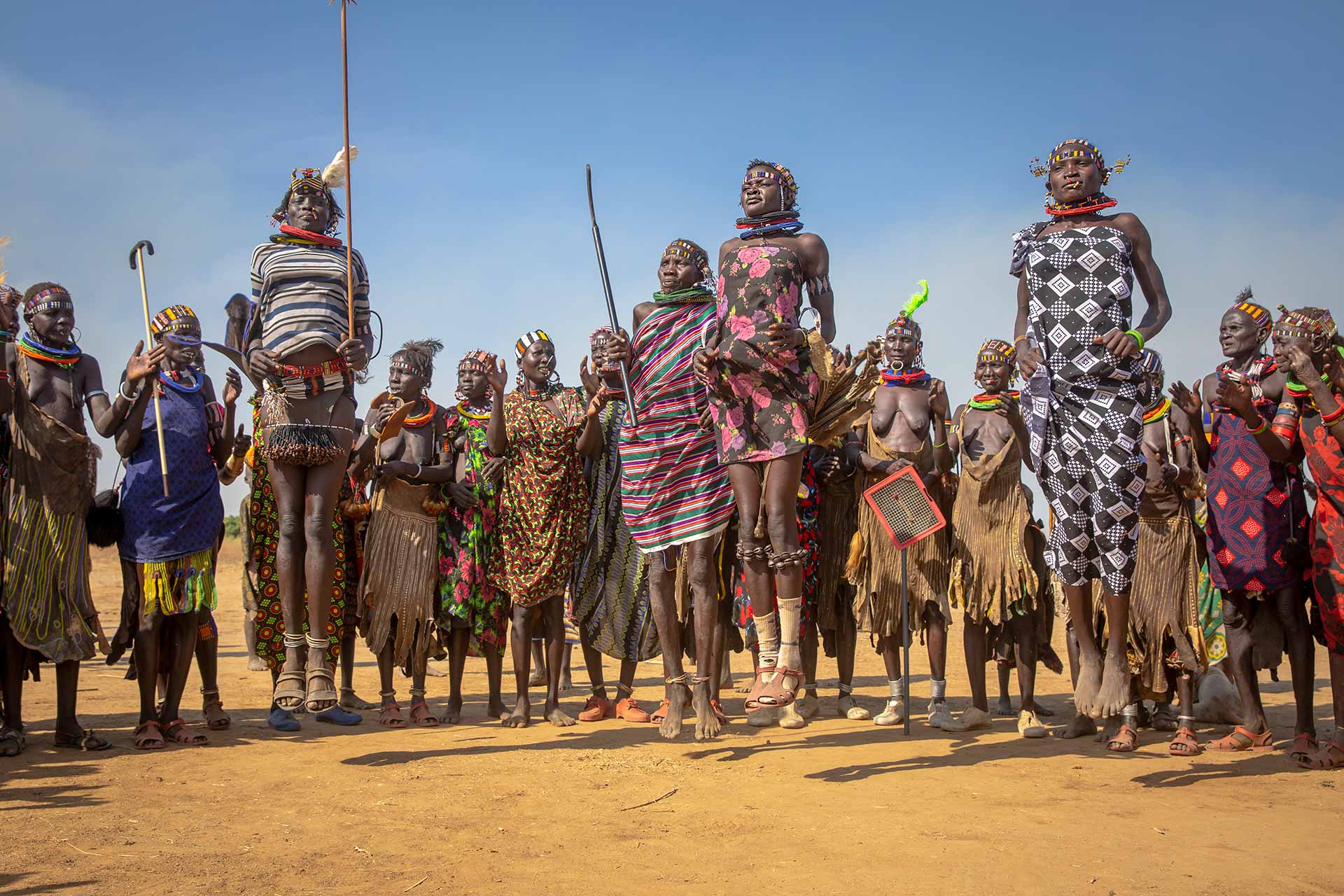
South Sudan is an African country that has recently gained its independence. It has traditionally been home to semi-nomadic pastoralist peoples that has historically belonged to the Egyptians, Ottomans, British and Sudanese, but after half a century of ethnic-religious conflict, South Sudan legally seceded from Sudan on July 9, 2011.
Isolated for years from the outside world, first by its impenetrable physical geography and then by decades of devastating civil war, this country is a real gem to be discovered, in the “lost heart of Africa”.
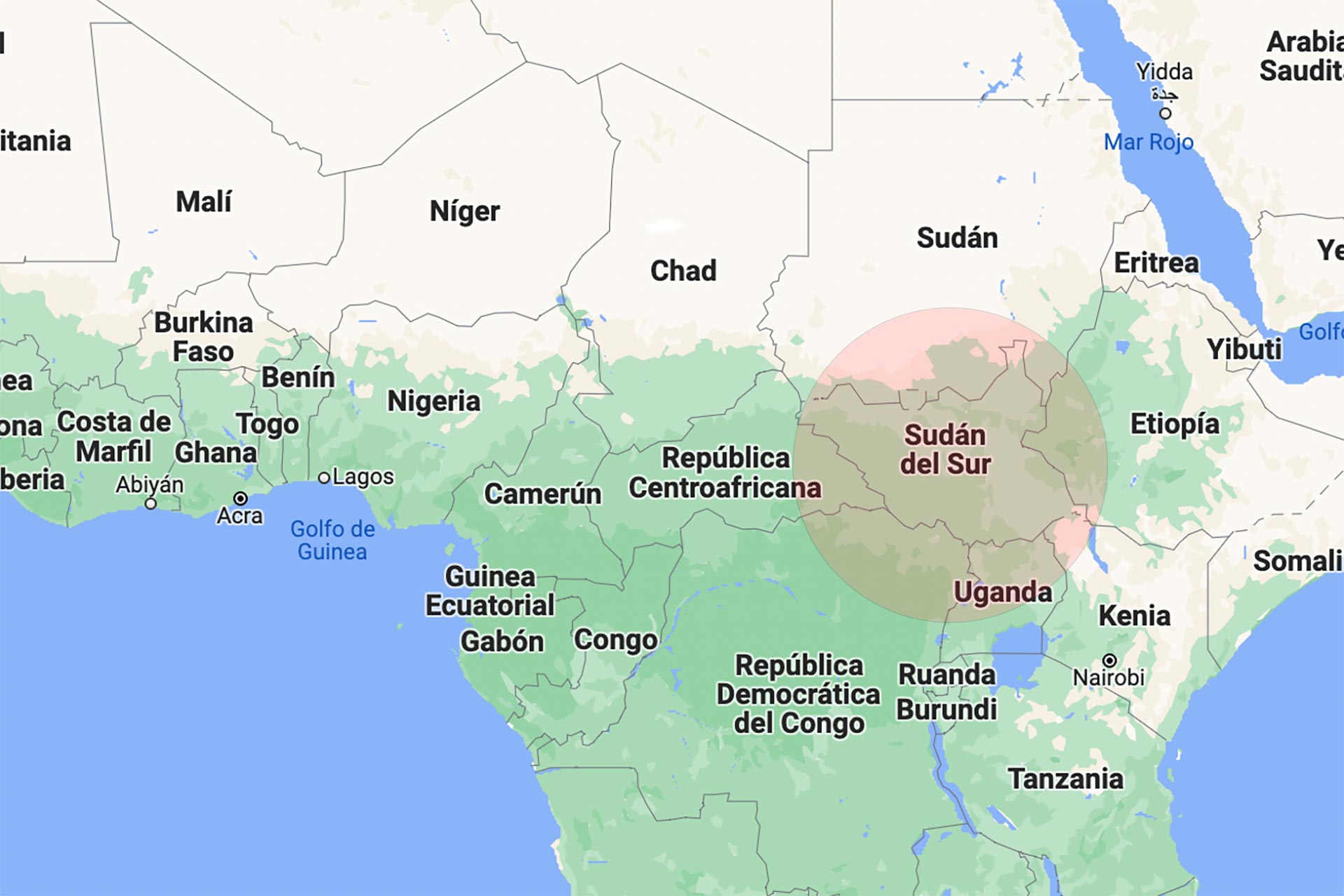
Its local population is divided into about 80 ethnic groups and speaks more than 60 indigenous languages. While some of these communities have urbanized, most still drive their herds to seasonal pastures, hunt animals with handmade spears, and catch their fish. South Sudan’s culture varies across ethnicities, making it a true cultural melting pot of impressive richness and purity.
- Capital: Juba
- Population below the poverty line: 66%
- Life expectancy: 55.5 years
- Ethnic groups: Dinka, Nuer, Shilluk, Azande, Bari, Kakwa, Kuku, Murle, Mundari, Didinga, Ndogo, Bviri, Lndi, Anuak, Bongo, Lango, Dungotona, Acholi, Baka, Fertit….
What to visit?
The most popular and impactful experience in South Sudan is visiting its impressive traditional tribes. The only way to do this is accompanied by a guide or a local tour operator. As PhotoTravel has its own headquarters in the country, you will have no problem visiting the country safely.
Another interesting activity is to spot its wildlife in one of its National Parks: Boma National Park and Nimule National Park
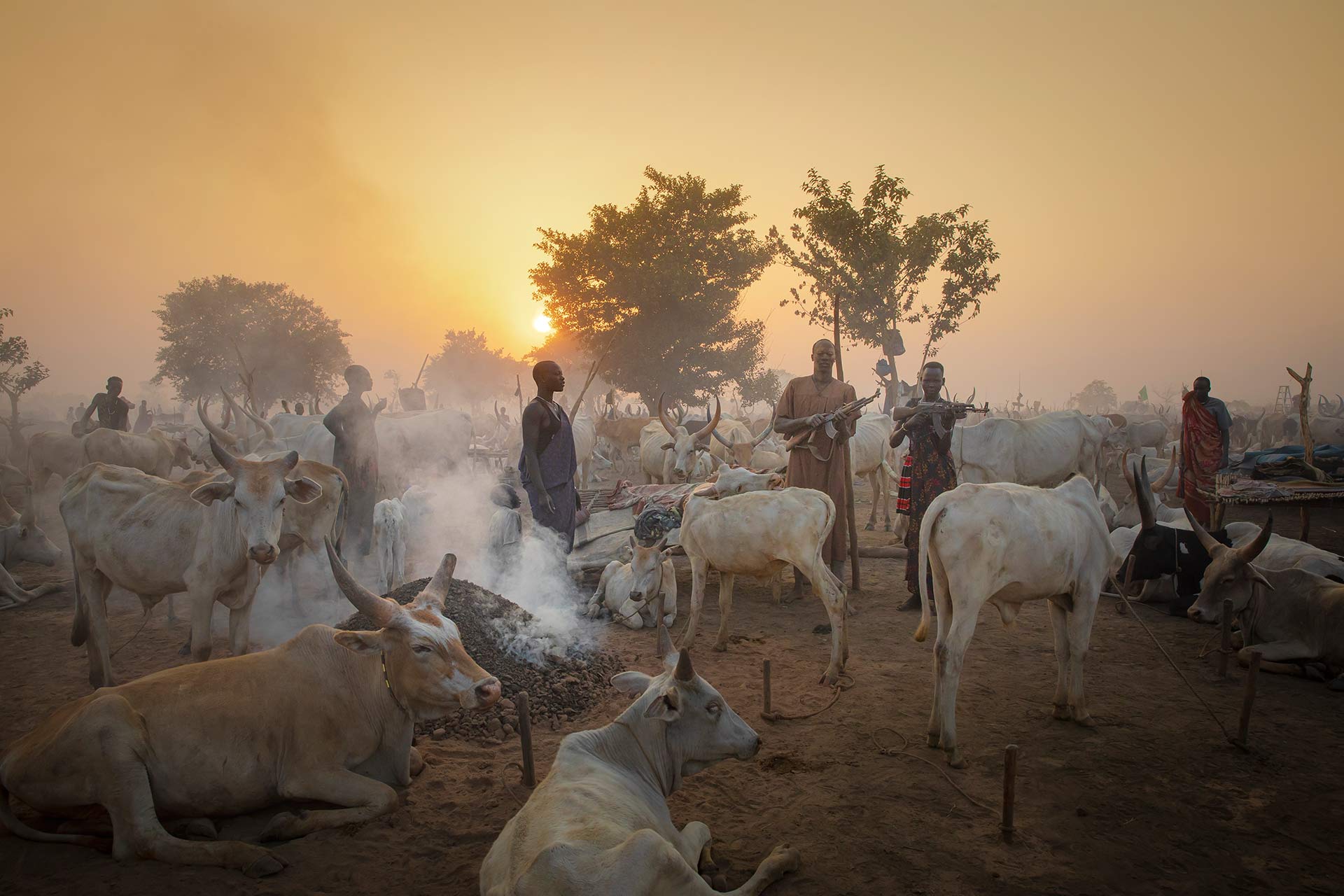
Visa and Embassy
The cost of your visa and the application process depends on the nationality and the country from which you are applying. Therefore, you will need to contact the embassy you will use to establish the exact fee you will have to pay.
The visa is done online and then a printed visa authorization must be presented online at the time of travel.
To access the country, an International Certificate of Vaccination and a letter of invitation are required.
In case of need, Spanish citizens can request the assistance of the European Embassies present in the complex of the Delegation of the European Union in Juba, as well as the Delegation of the European Union in that capital.
EU Delegation
Block 3K- South, Plot 82A, European Compound
North of Government of South Sudan Ministry Complex, JUBA – South Sudan
+211920010431 or +211920010432
Embassy of France
Block 3K- South, Plot 82A, EU Compound
North of Government of South Sudan Ministry Complex, JUBA – South Sudan
Phone : +211 (0)955 99 99 62
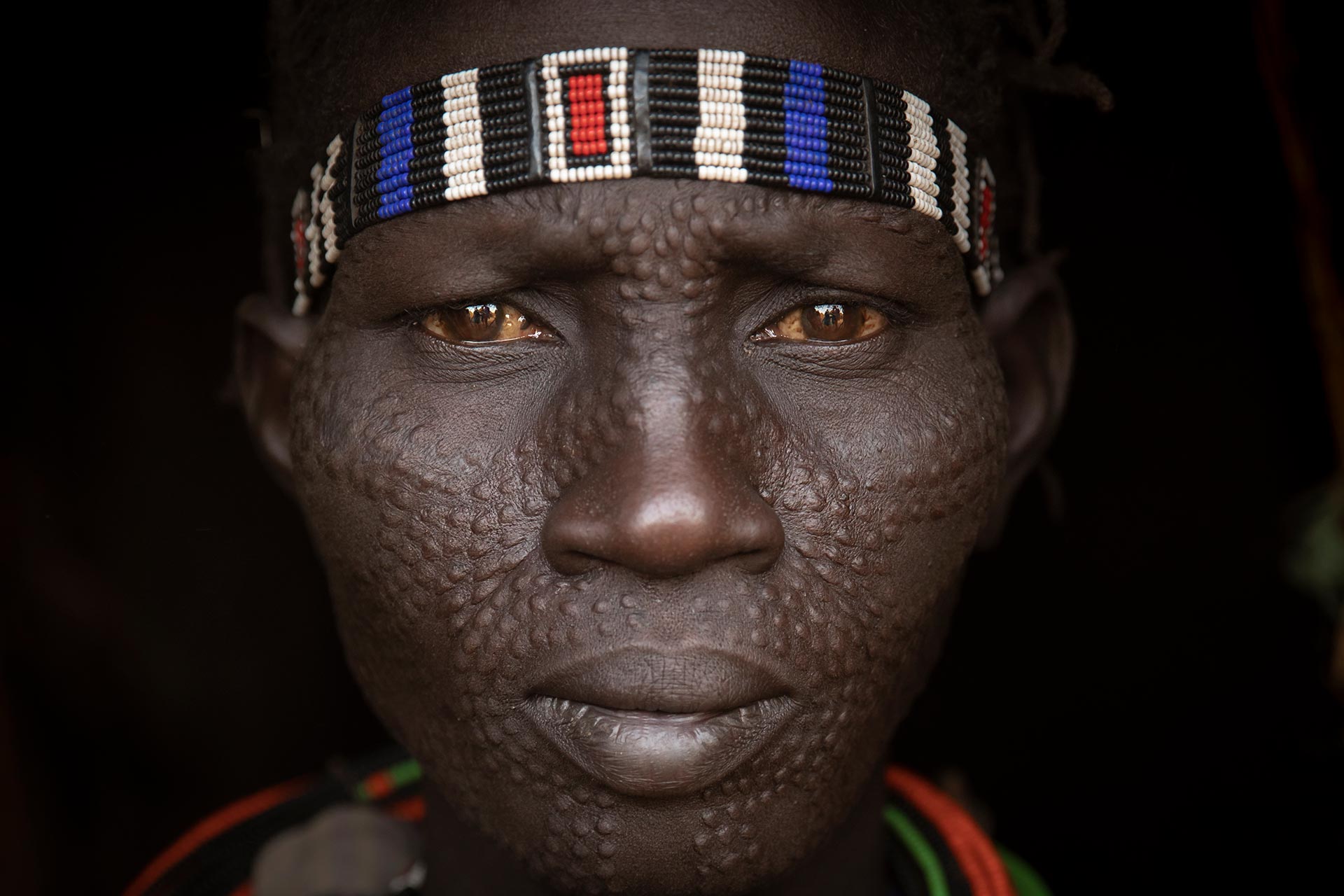
Time difference
The local time is the same throughout the country. In reference to Spain, the time varies by one or two more hours, depending on whether summer or winter time (GMT+2) is in force here.
Coin
The national currency of South Sudan is the South Sudanese pound (SSP). It is advisable to carry cash (better dollars), since ATMs and terminals to pay with credit cards are scarce or do not exist at all, depending on the area. You can exchange currency at the airport when you arrive at your destination.
At PhotoTravel we take care of the currency exchange on arrival, you don’t have to worry about anything!
How much should I tip?
As in the rest of Africa, tipping is almost obligatory. The average tip percentage in restaurants is between 7% and 14%.
Language
English is the official language of South Sudan and is widely spoken by those who have had the opportunity to go to school. All indigenous languages are recognized as official languages in South Sudan. Of the indigenous languages, Dinka is the most widely spoken language, followed closely by Nuer .
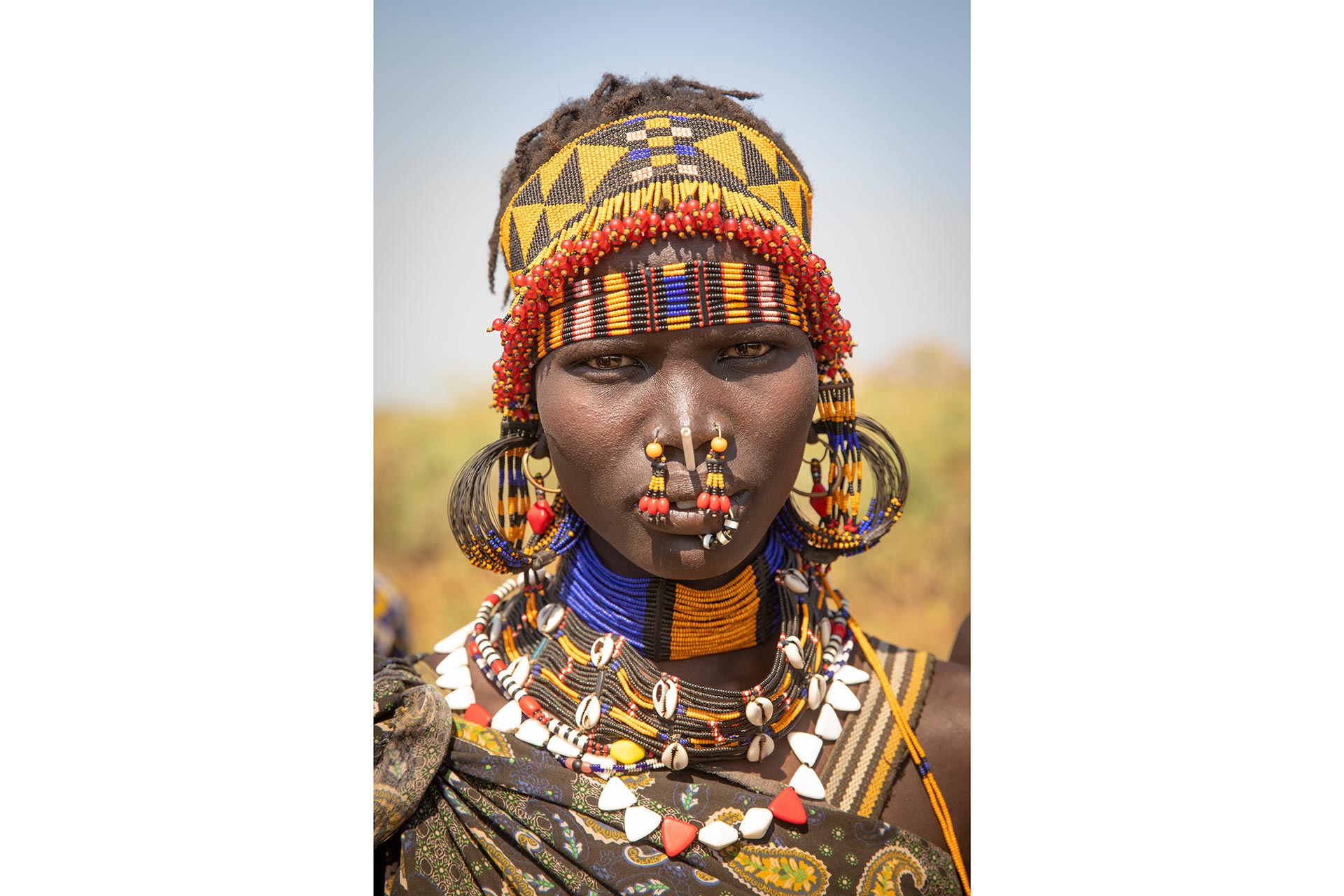
Religion
Christianity (60.5%), African animist traditional religion (32.9%), Islam (6.2%), other religions (0.4%)
Climate
South Sudan’s climate is tropical, characterized by a warm climate with seasonal rainfall: the heaviest rains hit the southern highland areas and decrease northwards, and occur from April to late October or early November.
Due to South Sudan’s proximity to the equator, daylight hours remain almost constant throughout the year: the sun rises around 06:00 and sets again at 18:00.
Average temperature in degrees Celsius. (high/low)
| Jan | feb | sea | Apr | May | jun | jul | Aug | sep | oct | nov | Dec | |
| 37º | 38º | 37º | 36th | 34th | 32º | 31º | 32º | 33rd | 34th | 35º | 36th | |
| 20º | 22nd | 24th | 23rd | 23rd | 22nd | 21º | 21º | 21º | 22nd | 21º | 20º |
From PhotoTravel we always recommend February to make the trip to South Sudan, it is dry season and the dust in suspension in the Mundari area gives a unique and beautiful atmosphere!, I leave you with an example.

Orography
South Sudan is basically an arid, flat and sparsely populated country. Since it is located near the Equator, in the tropics, its scenery is breathtaking; Much of its territory consists of tropical rainforest, with extensive swamp and grassland regions.
The White Nile also runs through the country, making South Sudan a true gem when it comes to natural beauty.
The highest point in South Sudan is Kinyeti (3,187 m), located in the Imatong Mountains, along the country’s southern border with Uganda.
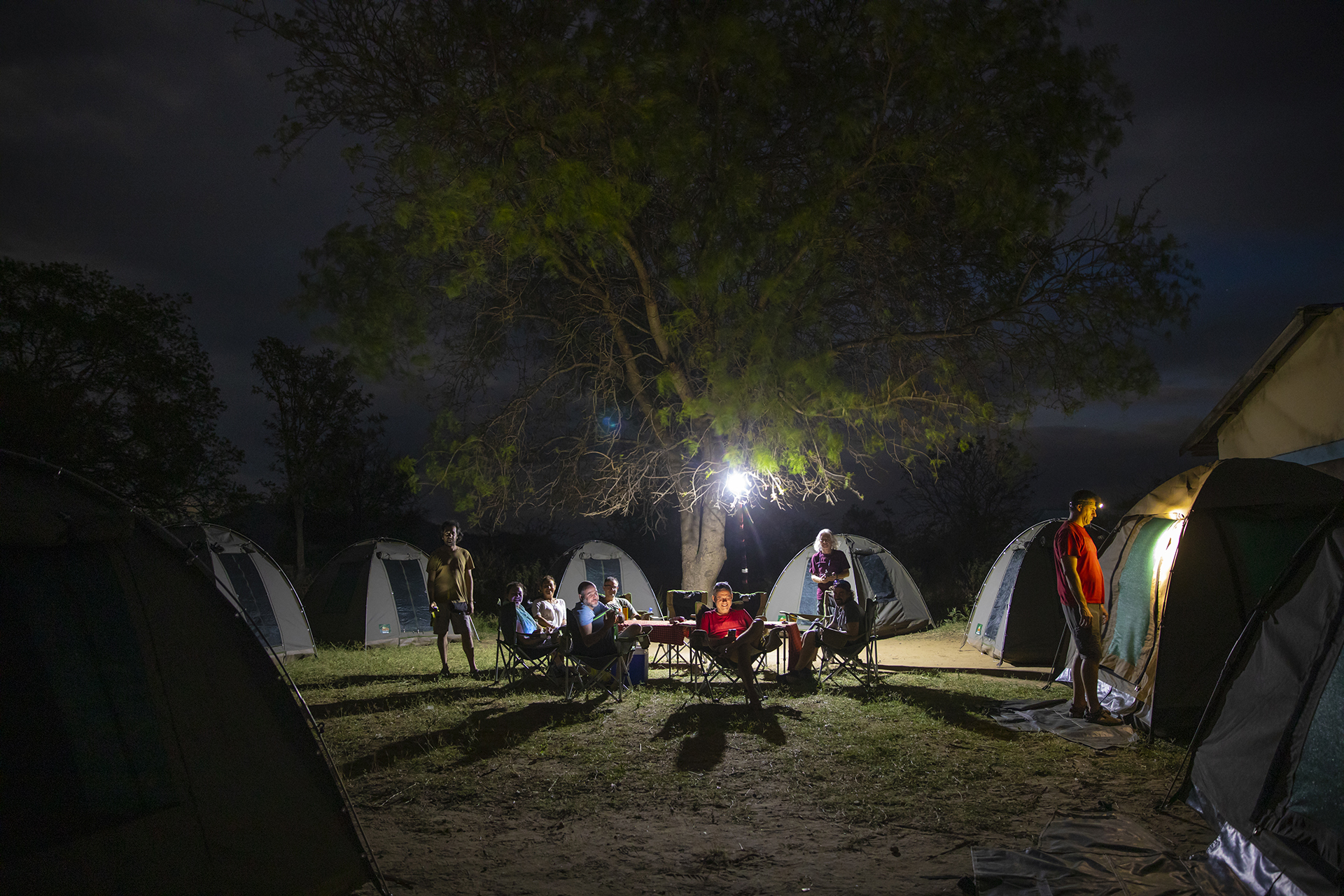
Transport
South Sudan is a difficult country to navigate due to the lack of infrastructure, a consequence of the long civil war and poor investment. Road trips are often slow and tedious. Cities without paved roads, or that are completely isolated during the rainy season, is the trend of the country.
Airports
- JUB Juba (Juba International Airport)
- MAK Malakal (Malakal Airport)
- WUU Wau (Wau Airport)
Food
South Sudanese cuisine is not sophisticated; The staples are bread, pancakes, and porridge made from corn, sorghum, corn, and other grains: kisra , a wide, flat bread made from fermented sorghum flour; gurassa , a thick cornbread; Poshto brown wheat bread. It is a cuisine similar to that of Ethiopia and Sudan, with similar dishes. The Ful is a dish made up of boiled beans and oil to which we can add tomato, onion and cheese.
The beer is sold in bars and shops throughout South Sudan. Southern Sudan Breweries Ltd produces three beers, White Bull, Club Pilsener and Nile Special.
Tea is also a popular drink. You will see numerous elderly people passing the hours, cup of tea in hand, sitting on street corners, bus stops and parks.
Electricity and Internet
In South Sudan, the standard voltage is 230 V and the frequency is 50 Hz. Type C, D plugs are used.
Ideally, you should bring a universal adapter for the Hotel and during the camps the PhotoTravel team carries European plugs.
Internet is weak in most areas far from the capital, in Juba we can get SIM cards at a very good price, so it is the best option to buy one, we provide it on the first day.
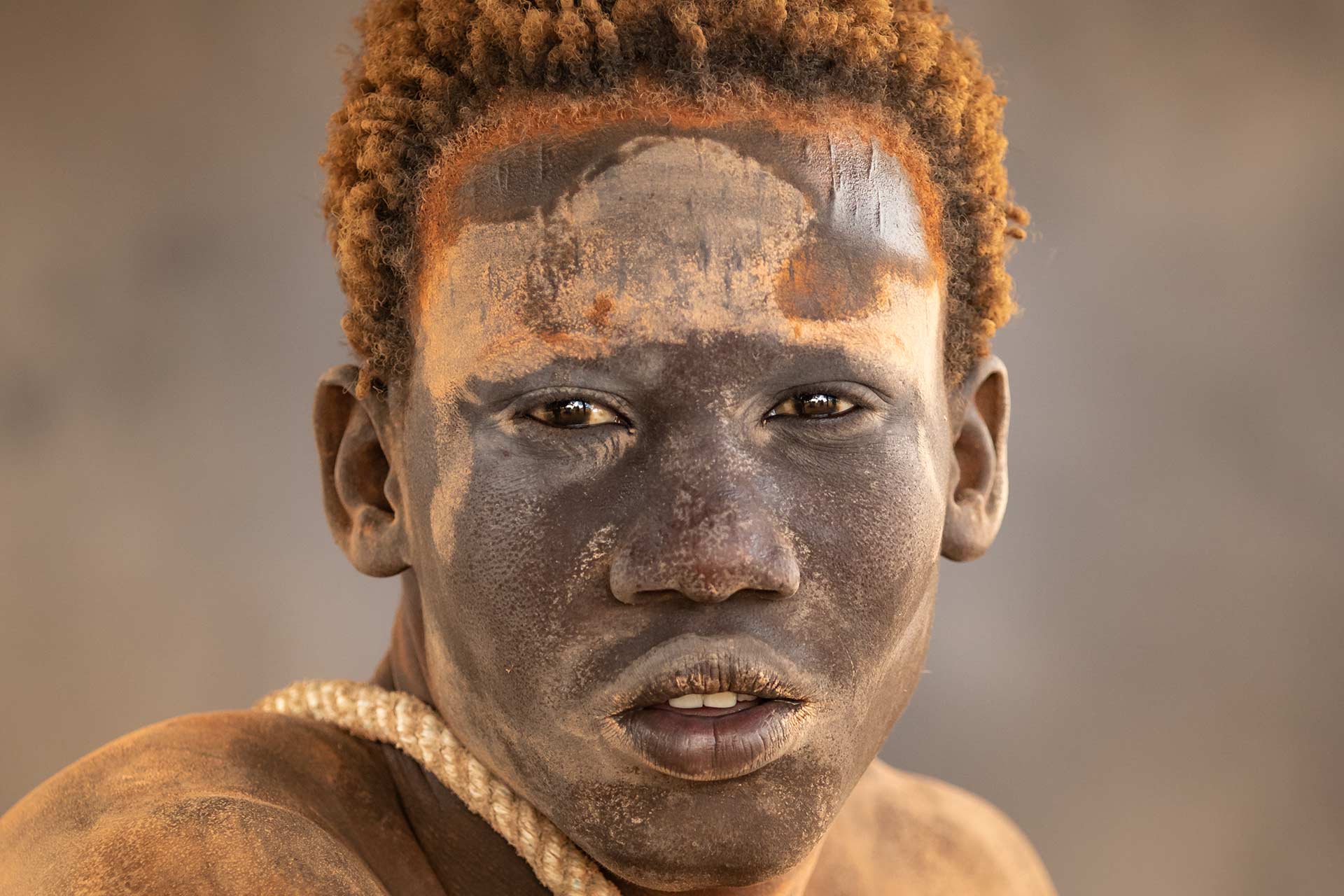
Bless you
Before each trip, it pays to make sure you are up to date on routine vaccinations. Your GP or a specialist travel clinic can check your vaccination status and advise you on any additional vaccinations you may need. You should also visit the International Vaccination Center in your area, they will inform you in detail of the health guidelines to follow.
We must take extreme precautions with malaria, it is a very delicate area.
Keep in mind that South Sudan is a sunny and hot place. You know, enjoy the sun, but safely: limit your exposure to the sun and protect your skin and eyes to avoid damage from ultraviolet rays.
Safety
If you read anything about visiting South Sudan, 99% will be negative, so the most common question for travelers is “Is it safe to visit South Sudan?
Well, the truth is that it is neither more nor less safe than the rest of Africa. It is a country with a complex history that struggles to leave behind the ghosts of the past and become a modern society boosted by the profit obtained from tourism. There you will find friendly people who want to please.
You have to bear in mind that when you travel with PhotoTravel you are indirectly hiring a local tourism service, which gives you extra security. Our guides are expert connoisseurs of the terrain, respected by the clans and forged in dealing with the locals. Pay attention to their indications and there will not be a single problem, in fact, you will enjoy your trip like no other.
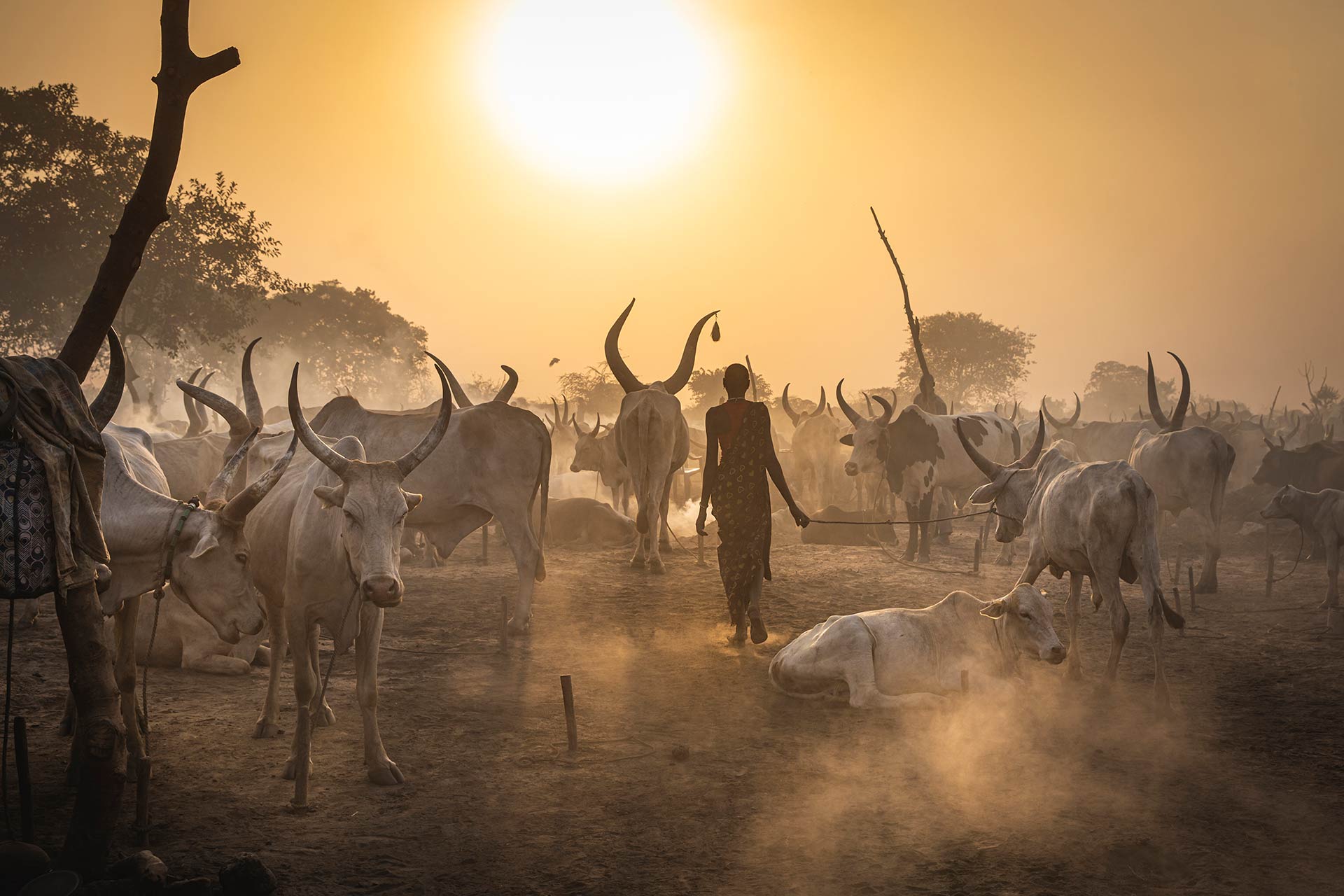
Photographs
When taking photographs outside of your everyday space, you have to be cautious. Ask permission if you are going to portray someone, be polite. Don’t just want your only goal to get the snapshot, give communication a chance before pressing the shutter button on your camera, you’ll see how much more you enjoy the moment.
For example, something as simple as asking for your name and introducing yourself generates a very nice bond.
Anyway, remember that you travel with PhotoTravel, we are expert photographers, our guides have traveled with some of the most famous photographers in the world, so don’t worry, you are going to visit the best places and locations.
Culture
As in all countries, respect for native culture is essential. By Western standards, the Republic of South Sudan is a traditional and conservative society. Keep this in mind when choosing your way of dressing.
Traditional Sudanese families are heavily divided by gender, and this influences everything from the chores people do to who they meet, where they sit in the house, and what they eat. Foreign women are seen as different from locals, as a kind of “different people”, so they are not required to meet the standards of local women.
South Sudanese laws prohibit same-sex sexual acts. Those convicted can face lengthy prison sentences.
Travel with PhotoTravel
At PhotoTravel we propose that our visit to South Sudan is a sustainable trip, so our goal is to promote the local economy, take care of environmental protection and respect and not interfere with the local culture, contributing to preserve and conserve its diversity and heritage.
When we visit populations of different ethnic groups, we always bring basic necessities that they use for their daily lives. We carefully give each family in part provided, a barter that we offer in the welcome.
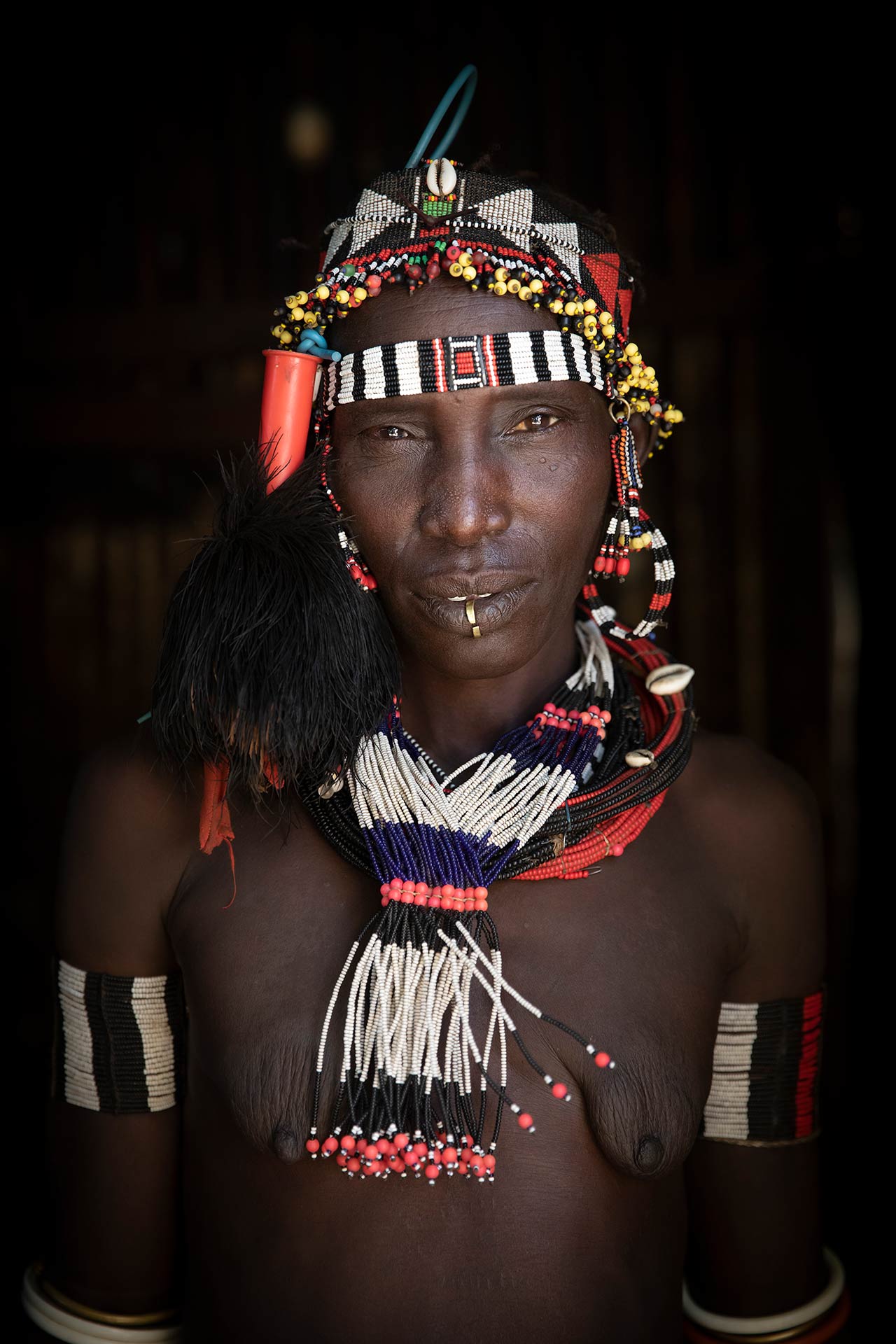
0


